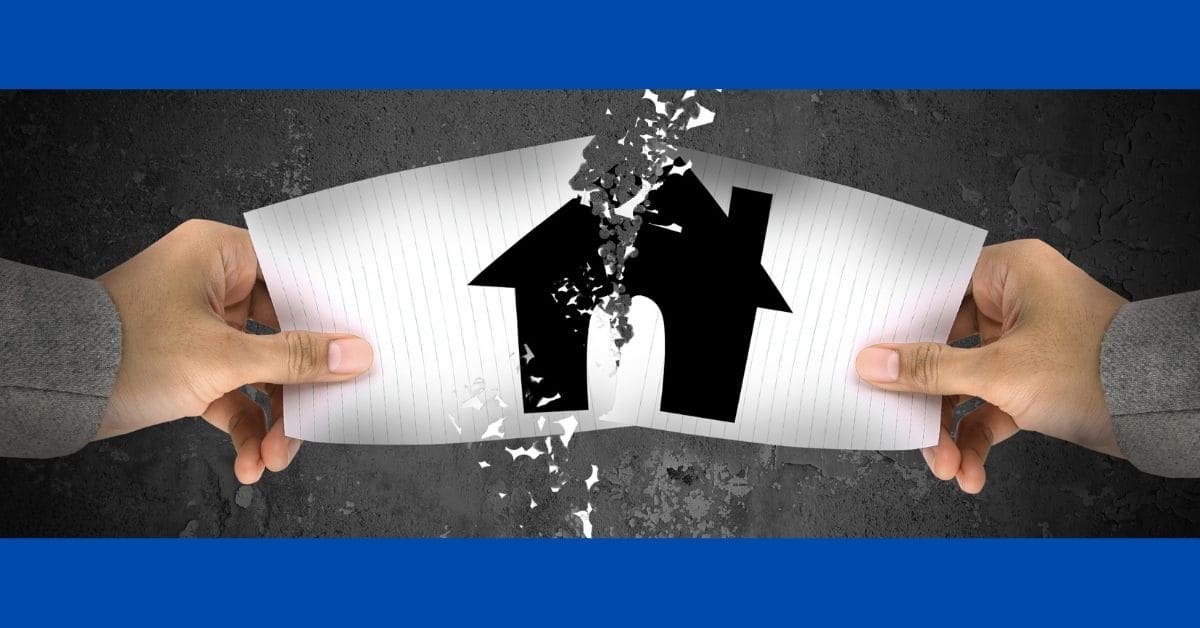Your apartment lease is a binding legal contract between you and your landlord. If you want to change your house before your current lease is over, you will have to break it. However, breaking it is not easy and there may be some penalties involved. Here are some things you must do before you break your lease. It’s a good idea to consult with a real estate professional.
Read Your Contract Carefully
Since it is a binding legal contract, your lease may require careful reading. It is important to read through it carefully so that you know of any stipulations about notifying your landlord in case you want to break the lease. If there is a stipulation, it may also mention the notice period your landlord would require and the penalties for not meeting these requirements.
Know your Local State and City Laws
Find out about your local state and city laws about tenant rights and leases. This is especially important if your lease does not have a release clause. In such cases, the local city and state laws usually apply universally. In some states, the laws require you to give advance notice of at least 30 days while in others, it could be 60 days or even less. Laws are different from one state to another, so it is best if you consult your local laws and find out what you are supposed to do. You could visit the local civic body’s office to get this information or speak to a property agent who can guide you.
Speak to your Landlord
Whether your lease has a release clause or not, you should speak to your landlord and seek advice on your situation. If you are planning to break the lease, it is important to notify your landlord immediately. It is possible that the landlord understands your particular situation and releases you from the lease without levying any penalties. You could also reach a mutual conciliation or agreement regarding your lease. Sometimes, if you can help the landlord sublet the apartment immediately, they will be willing to release you from your lease without levying any penalties.
Check if you can Sublet
Though most landlords do not agree to this, you could check with your landlord if you could sublet the apartment on their behalf till your lease is over. This is a tedious and complicated process, but it allows you to be released from your obligation to your landlord without having to pay any penalties. Sometimes, there is a clause in the lease which allows you to sublet. In such cases, all you have to do is to inform your landlord about your decision to sublet as a courtesy. If, however, there is no mention of such a clause or if the lease prohibits you from subletting, then you will have to take your landlord into confidence and take their written permission before attempting to sublet the apartment.


